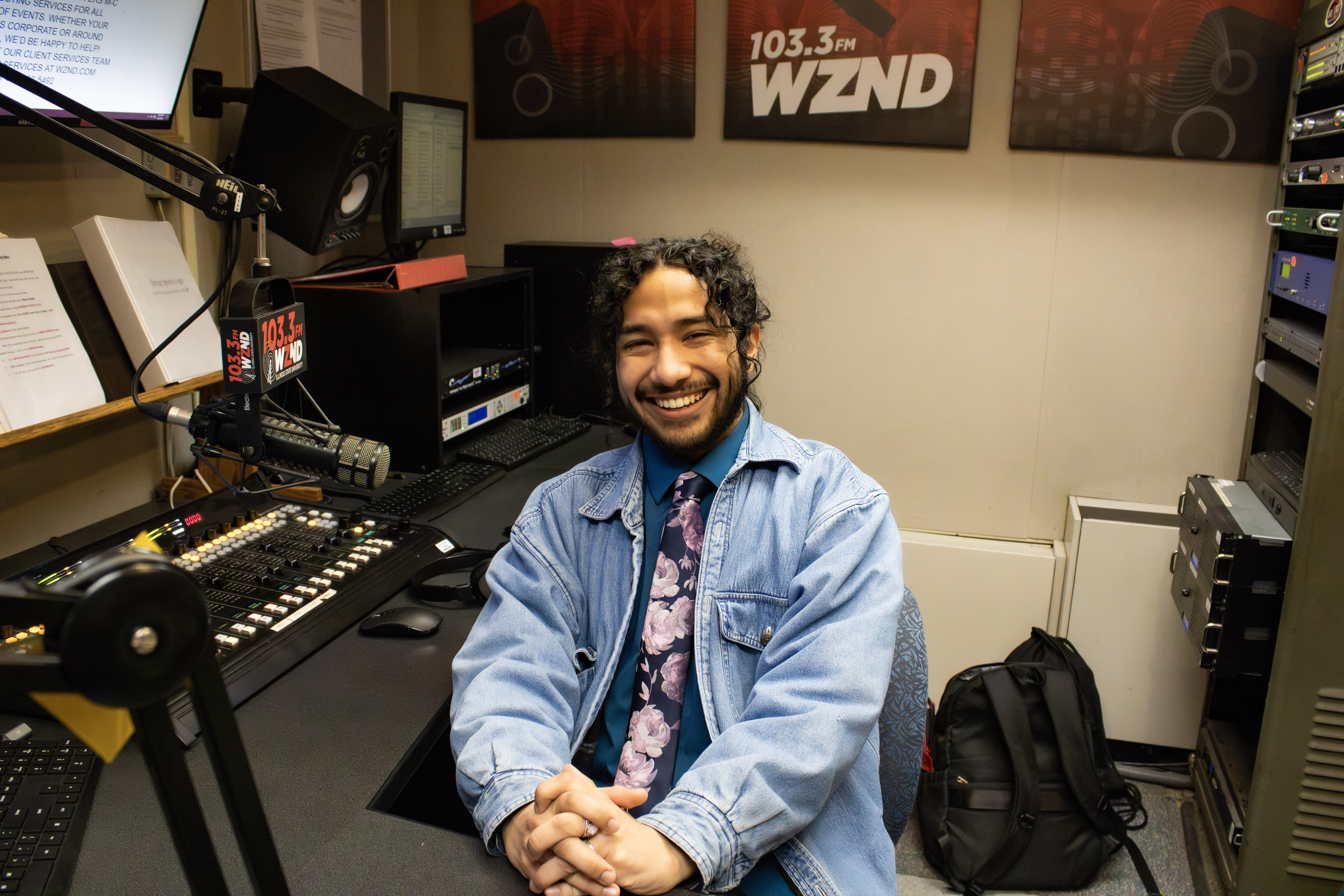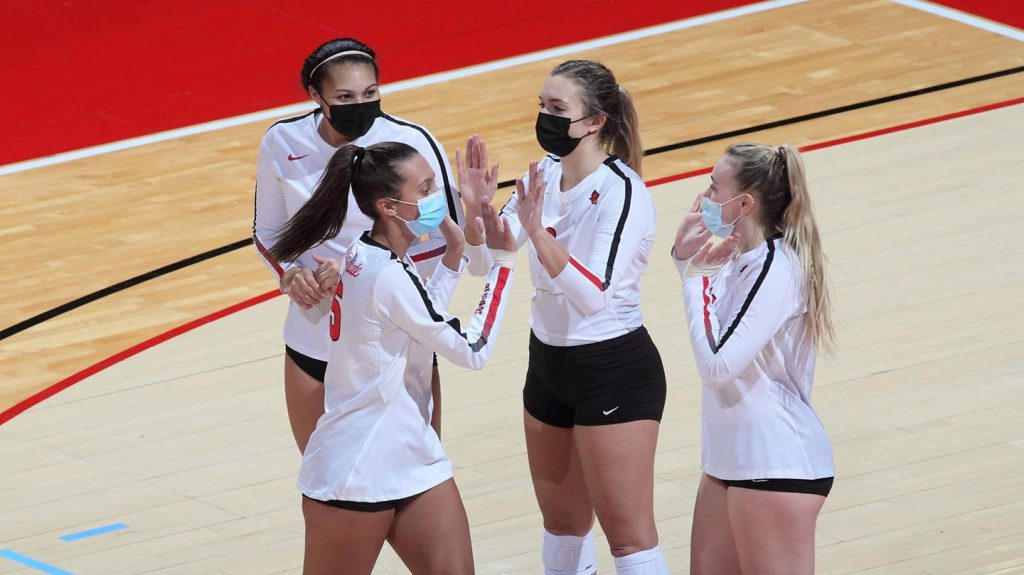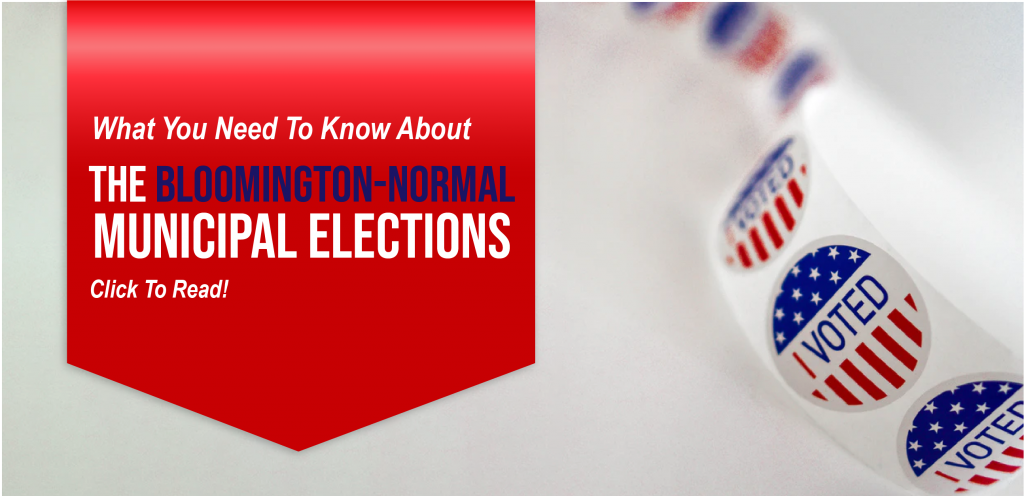Non-English Speakers are Facing Double the Challenge Seeking Vaccinations
Written by admin on March 27, 2021
Photo Courtesy of McLean County Health Department Facebook Page.
NORMAL, Ill. – As vaccine eligibility expands, many are struggling to get appointments while the Non-English-speaking population is facing double the challenges.
According to the Illinois Department of Public Health, 87.2% of administered vaccine doses have gone to White residents in McLean County. IDPH also reports only 3.91% Black or African-American, 2.59% Asian, and 2.29% Hispanic or Latino residents have received doses.
McLean County Health Department Public Affairs Coordinator, Marianne Manko explains some of the resources are available for Non-English Speakers.
“We do have a COVID Call Center for those who might need additional assistance. It is area code (309)888-5600. It’s open Monday to Friday from 9:00 to 4:00 and we do have Spanish speaking call center operators who can assist.”
Manko explains the call center helps individuals who may not have access to the internet or a computer.
“Then when our Spanish speakers arrive at the vaccine clinic, we have Spanish speaking staff who are helping to organize the clinic,” said Manko. “We also have Spanish speaking vaccination nurses who can discuss in detail about the vaccination. And just let people know what kind of side effects and things that they might be able to expect.”
The department has additional tutorials on how to book vaccines online in both English and Spanish.
“It includes a tutorial with the six most important steps to make sure they are successfully completing your registration online. One of those tutorials is in Spanish. So, it will show you the word for ‘registration’ and this is the word for ‘your address’ and things like that,” said Manko. “So as people are reading it, they can actually reference that tutorial and look at each of those steps to be able to fill those out pretty easily.”
The Immigration Project Welcoming Center Manager, Hannah Mesouani explains why it’s important to have these resources available.
“I think that a lot of the times for folks who do speak, read, and write English fluently, we forget that that’s not the case for many people in our community. Even those for whom English is the first language literacy rates, might not be what one might presume to be the case for folks,” said Mesouani. “So, we are talking about people’s basic right to leave the home and breathe fresh air. Their basic right to know that they can be inoculated against something that is still an ongoing issue.”
Mesouani describes the challenges range from not speaking or understanding English fluently or even struggling to use a phone.
“We need to be sure that everyone of every language ability is able to access all of the relevant information. Then they can make informed decisions because we want folks to be informed. We want them to consent to vaccination because we want them to be able to live their lives just as fairly as anybody else,” said Mesouani.
She says the Immigration Project recently created a ‘Welcoming Center’. At the center they offer referrals to social services like financial support and interpretation.
She advises residents to reflect on their own network of resources the next time they go out.
“Try and figure out the things that make Bloomington-Normal home for you and how we can broaden them. So we can make them a bit more inclusive to folks who are immigrants, who might not have the same language skills.”




